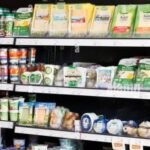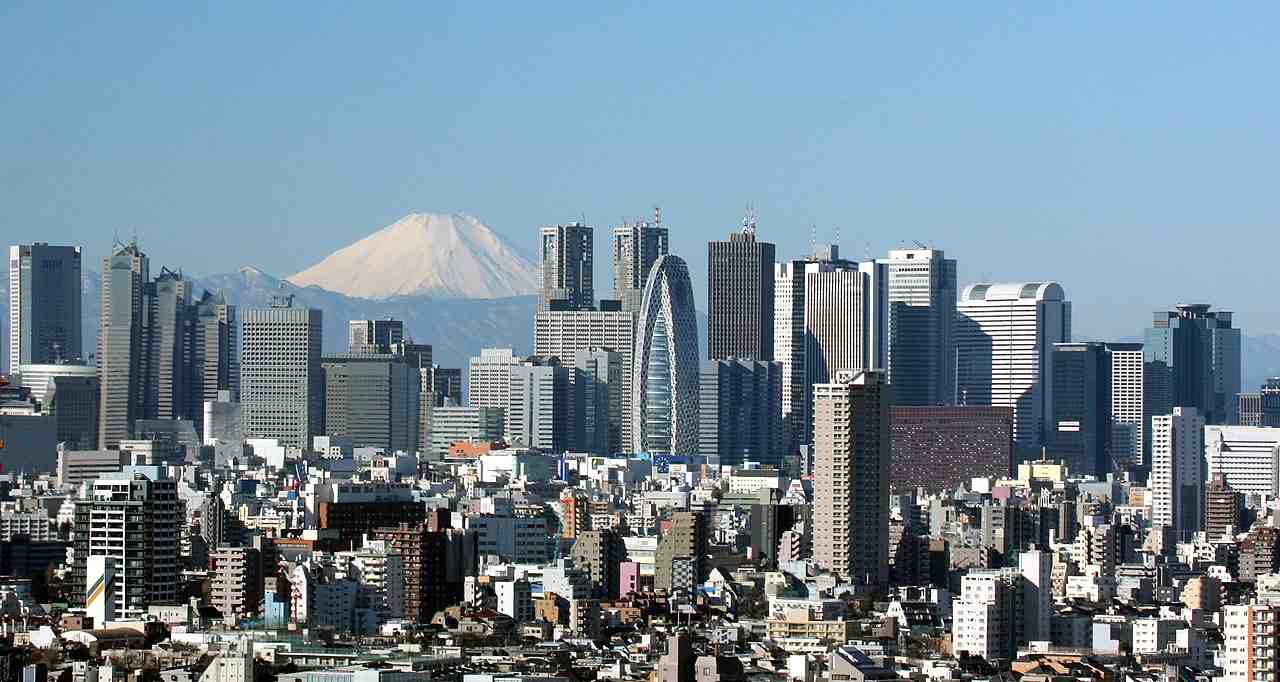The textile and garment industry is an important contributor to Indonesia’s economy, serving as a large source for jobs and export earnings. Being one of the largest textiles and apparel producers in the region, the country has a long tradition of producing and exporting ready-made garment and home- fashion textiles.
The textile and apparel industry continues to play a major role in Indonesia’s economy, contributing significantly to the country’s gross domestic product growth and its foreign exchange earnings. The Indonesian government is hopeful that Indonesia’s export share in the world market will increase from 1.8 percent currently to 4 or 5 percent in the next 10 years. The MOI has committed to keeping up its support of the Indonesian textile industry through fiscal incentives to help the industry stay competitive on the global market.
Indonesia continues to be a leading textile and apparel producer in the Association of Southeast Asian Nations (ASEAN) region. However, in contrast to several other ASEAN countries, Indonesia has not signed any trade agreements that allow for its textile exports to enter the U.S. or EU at special tariff rates, a circumstance that has affected the industry’s competitiveness globally.
Indonesia is pushing for a Comprehensive Economic Partnership Agreement (CEPA) with the EU that would reduce or eliminate trade barriers such as import tariffs. CEPA negotiations have not yet commenced. Indonesian textile exporters have pleaded with the Indonesian government to lobby the U.S. for an extension of the Generalized System of Preferences (GSP), which greatly benefited Indonesia’s textile industry by giving preferential treatment to its exports to the U.S.


























